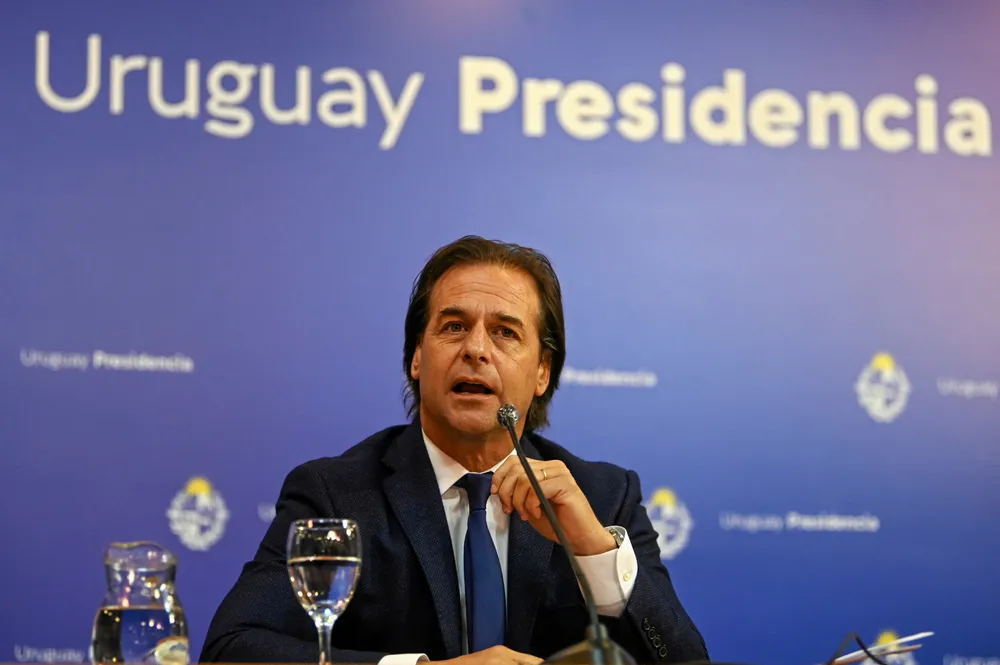Construction of $4bn, 1GW green hydrogen and e-fuels project due to begin in Uruguay next year
HIF Global will combine H2 produced from 2GW of wind and solar power with captured CO2 to make synthetic gasoline for export

HIF Global will combine H2 produced from 2GW of wind and solar power with captured CO2 to make synthetic gasoline for export
